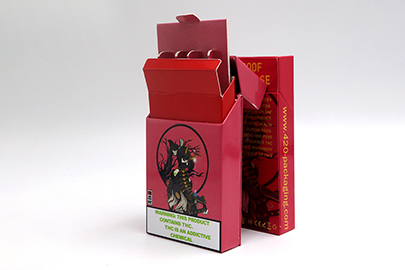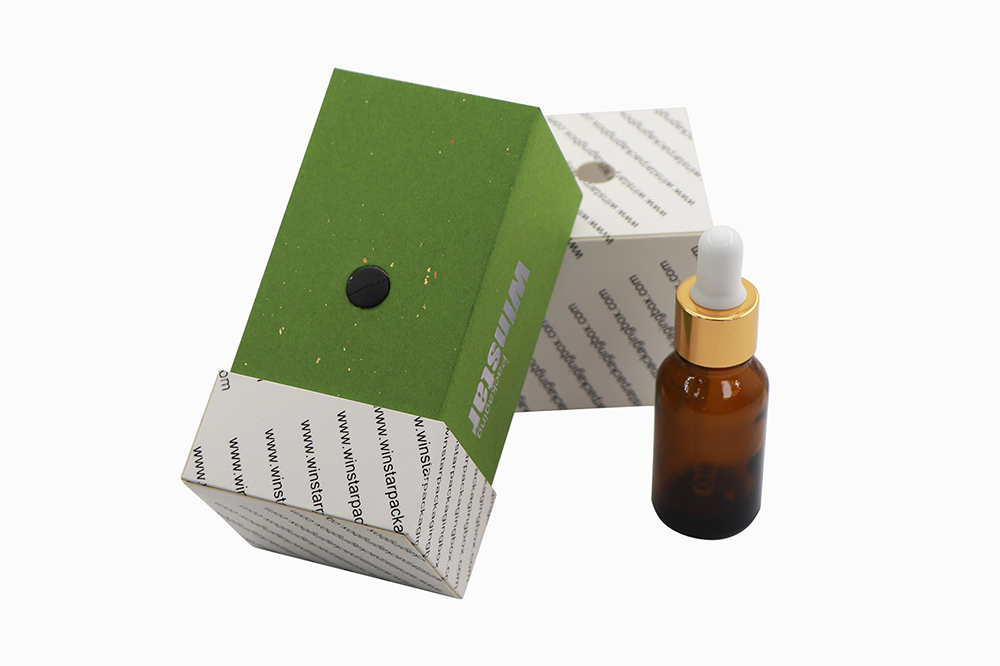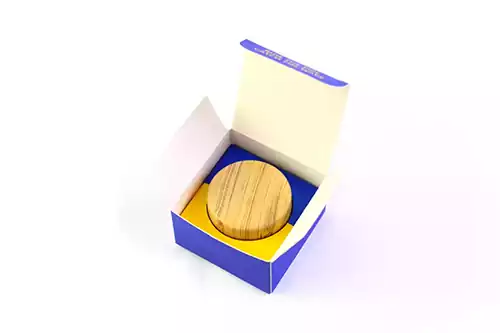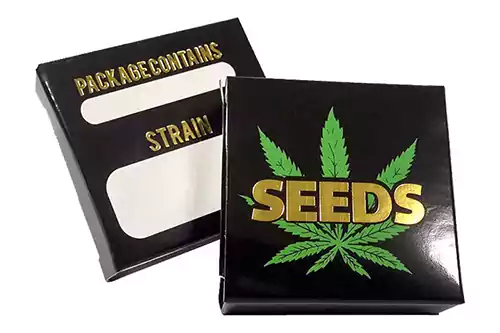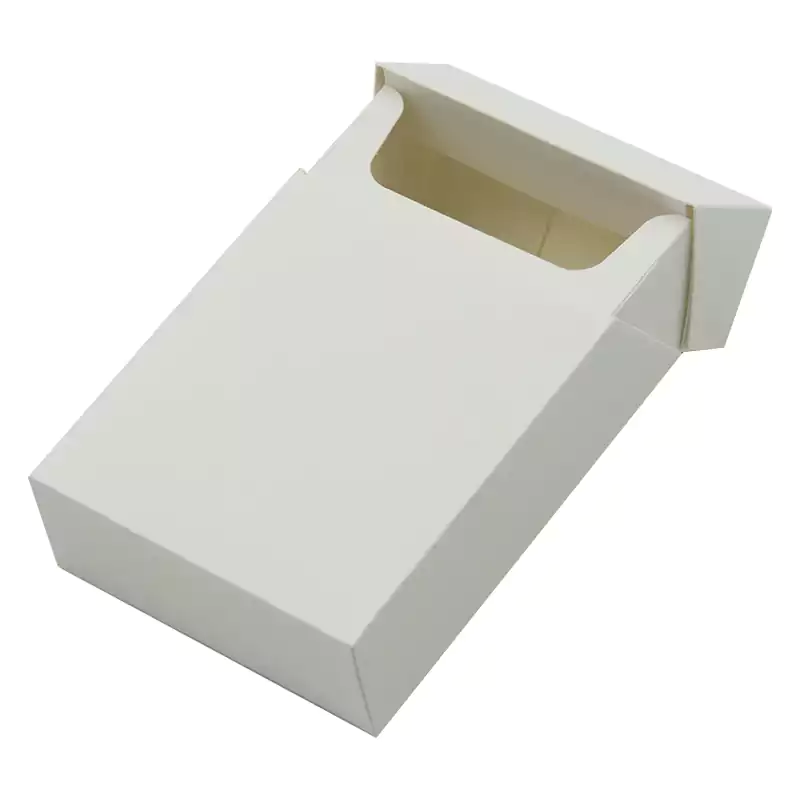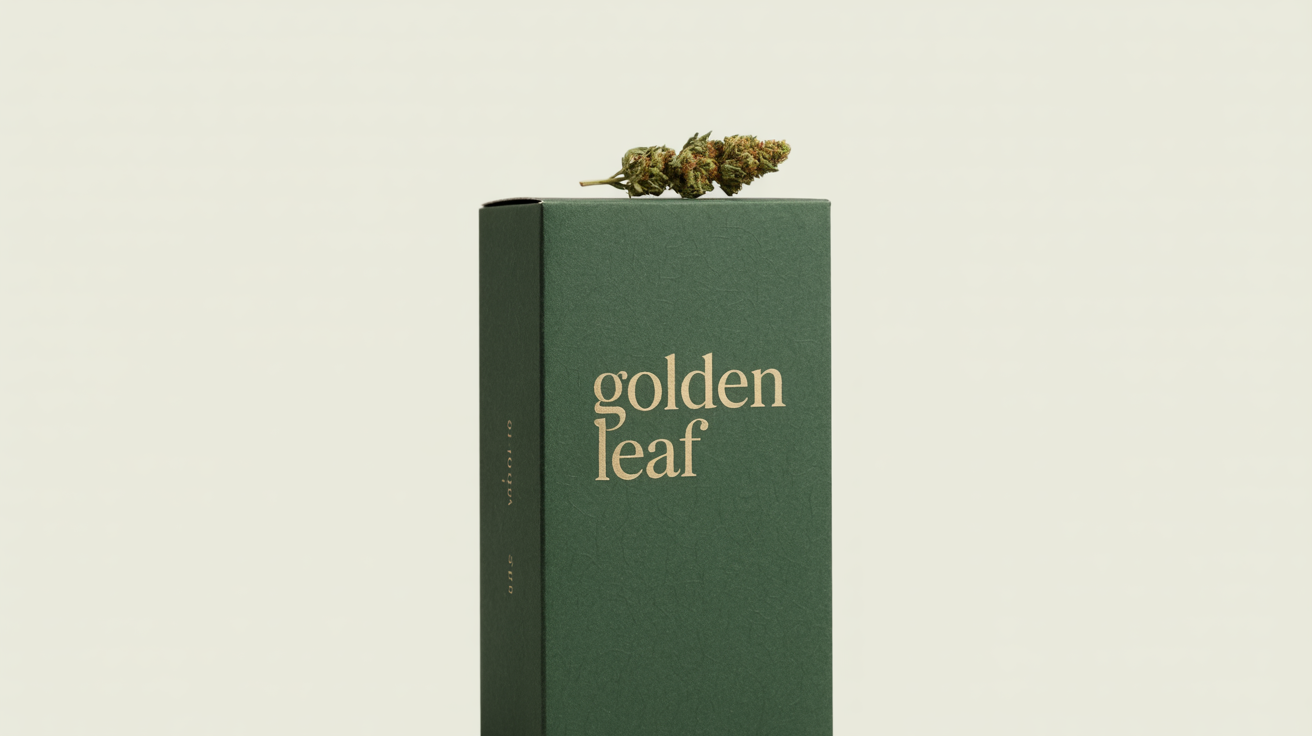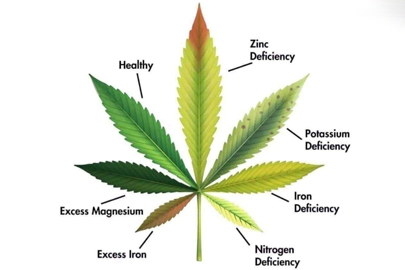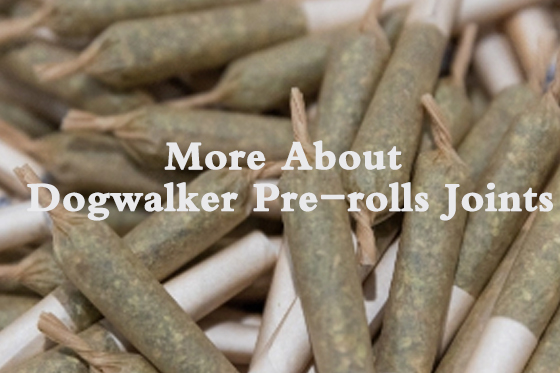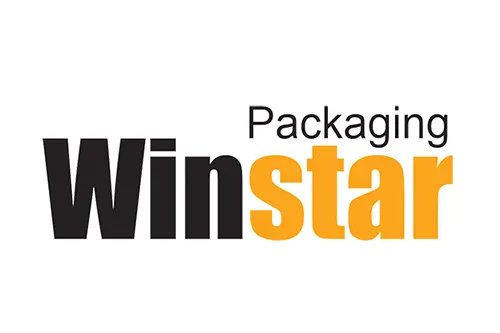Updated:• Author: Editorial Team • Fact-checked for compliance and product specs.
Definition & Principles
Sustainable cannabis packaging minimizes environmental impact across its life cycle while keeping products compliant, fresh, and safe. In practice, that means choosing renewable or recyclable materials, designing for reusability, reducing material mass, using low‑impact inks/finishes, and prioritizing verified child‑resistant (CR) formats where required.
Goals:
Lower emissions • Less plastic • Better end‑of‑life
Must‑Have:
Compliance + freshness + brand integrity
Good‑to‑Have:
Refill/reuse programs • PCR content • FSC paper
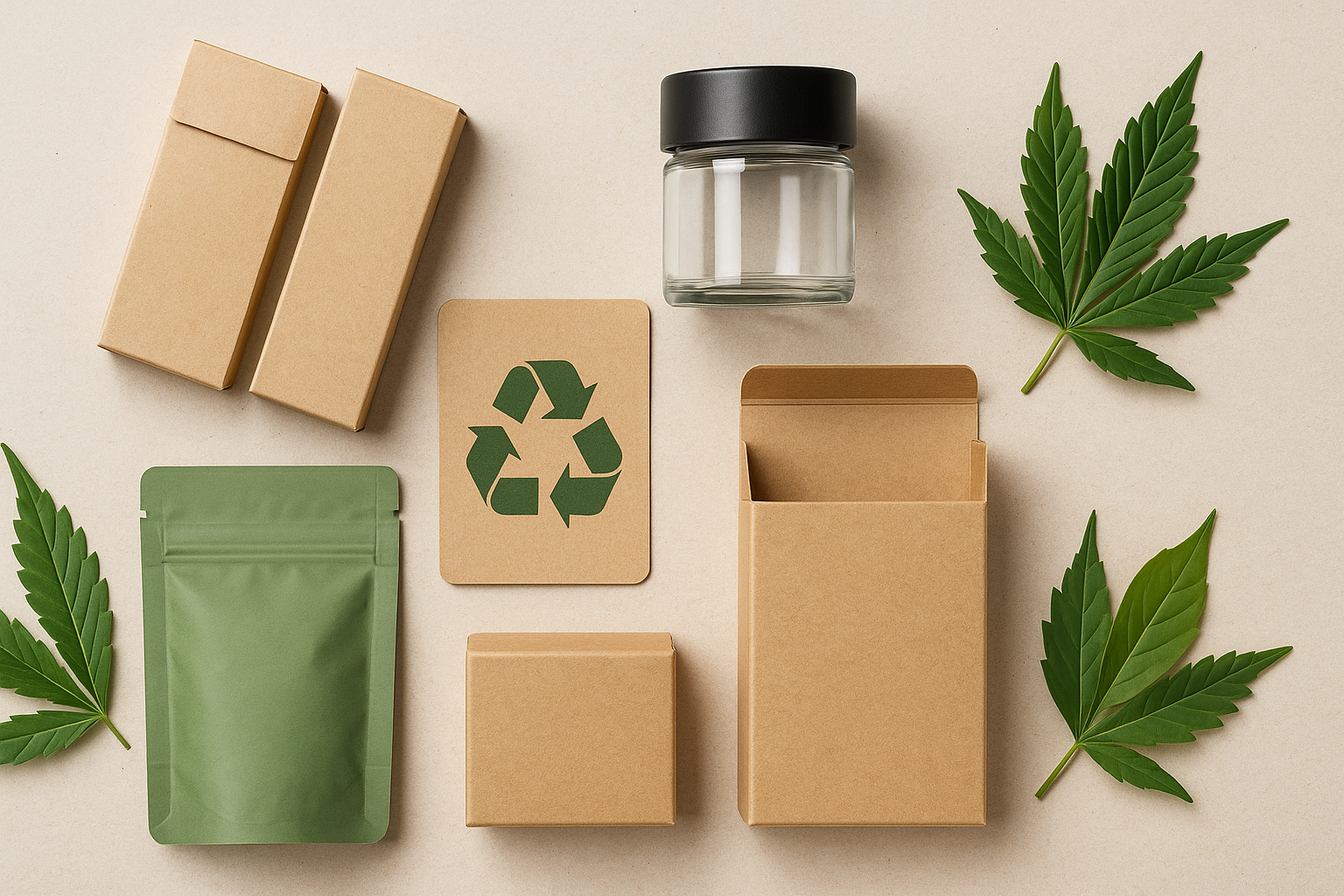
Best Materials for Sustainable Cannabis Packaging
For flowers, pre‑rolls, and edibles, the most common eco‑forward substrates include:
Paperboard / Kraft — Widely recyclable and often contains recycled fiber. Great for pre‑roll multi‑packs and accessory boxes.
Biodegradable paper boxes — Engineered to break down in composting conditions, suited for pre‑roll tubes/boxes and secondary packs.
Mylar (PET/foil laminates) — Excellent barrier. Opt for thinner gauges, zipper reclosures, and programs that take back soft plastics; some custom lines emphasize eco features and reduced material use.
Glass — Inherently recyclable and reusable, ideal for flowers and concentrates; pair with recyclable/CR caps.
Bio‑based plastics — Niche for certain applications; vet actual compostability and labeling rules in your market.
Tip: Use the least material that still delivers required barrier and child resistance for your category.
Compliance & Child‑Resistance
U.S. state markets commonly require child‑resistant (CR) packaging for edibles and, in many cases, for primary or exit packaging across categories. Keep supplier CR certificates on file and verify that your labeling (warnings, THC icons, batch/lot, ingredients) matches current state rules. When in doubt, select CR‑rated pouches, boxes, or tubes and add an outer CR exit bag where mandated.
This guide is informational only and not legal advice. Always confirm the latest regulations for your state before ordering packaging.
Eco‑Design Checklist (Fast Wins)
Right‑size your pack: eliminate headspace and inserts you don’t need.
Prefer mono‑material paperboard or widely recycled components when possible.
Choose water‑based inks and avoid heavy metallic foils unless required for barrier/branding.
Use zipper reclosures for reusability and portion control on bags.
Print clear disposal guidance (recyclable/compostable where applicable) and QR links to program info.
Curated Product Picks from 420 Packaging
We vetted the following options for eco intent, compliance features, and practicality. Specs are sourced directly from product pages on 420‑Packaging.com. Always confirm final dielines and local rules before mass production.
Biodegradable Premium Pre‑Roll Packaging
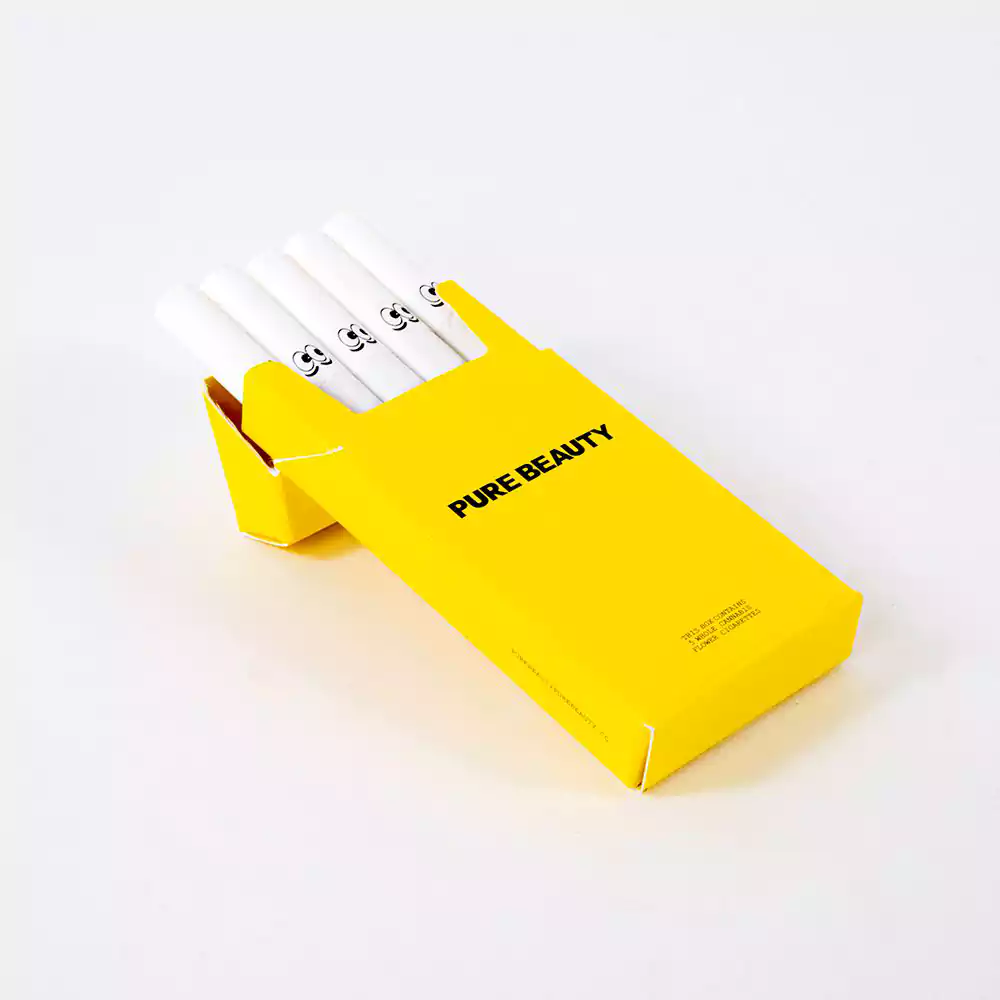
Paper boxes for pre‑rolls made from biodegradable materials; designed to protect product while reducing impact.
Biodegradable Paper Box
Material: Biodegradable paperboard
Use: Pre‑rolls (secondary pack)
Eco: Designed to break down over time
Blank Pre‑Roll Boxes (Paperboard)
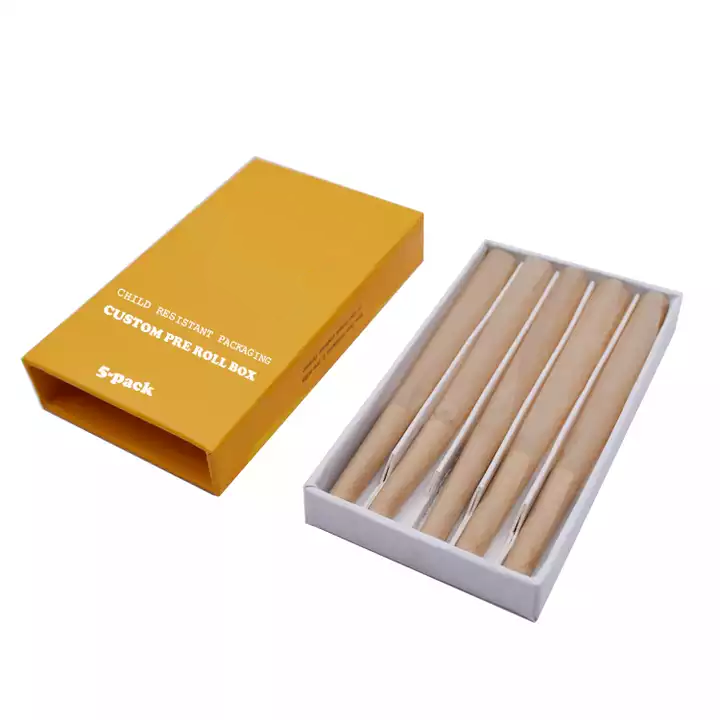
Premium paperboard multi‑pack boxes that are fully recyclable and ready for custom branding.
Recyclable Customizable
Material: Paperboard (recyclable)
Finish: Blank for full customization
Use: 3/5‑pack and similar multi‑packs
Pre‑Roll Packaging with Matches (Kraft)
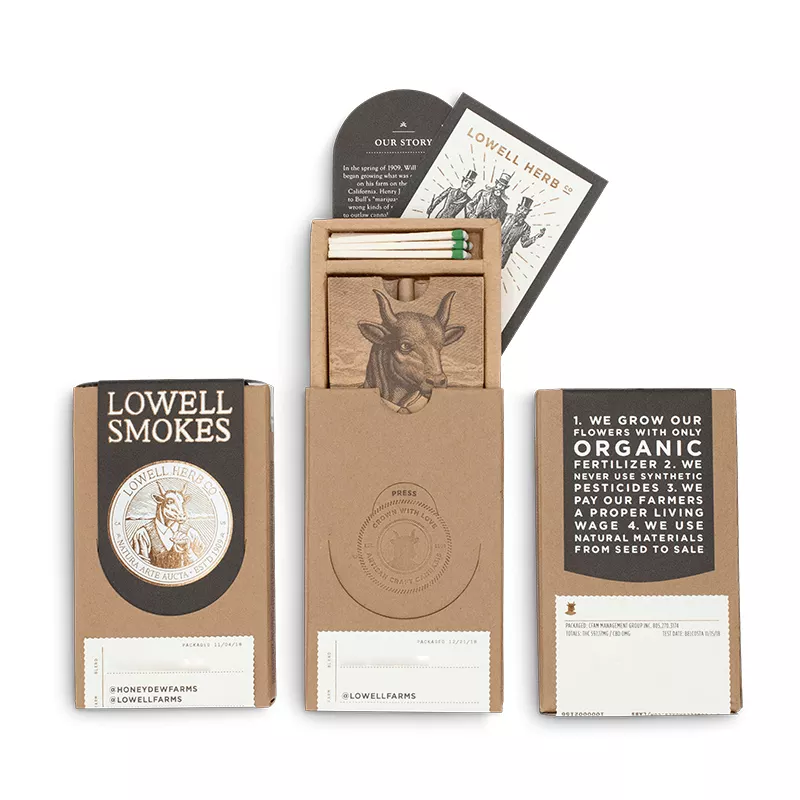
Kraft paper boxes that include a separate match space; made from recycled kraft paper.
Recycled Kraft Accessory‑Ready
Material: Recycled kraft paper
MOQ: 1000 (listed on page)
Use: Pre‑roll gift/kit boxes
Pre‑Roll Tube Display Case
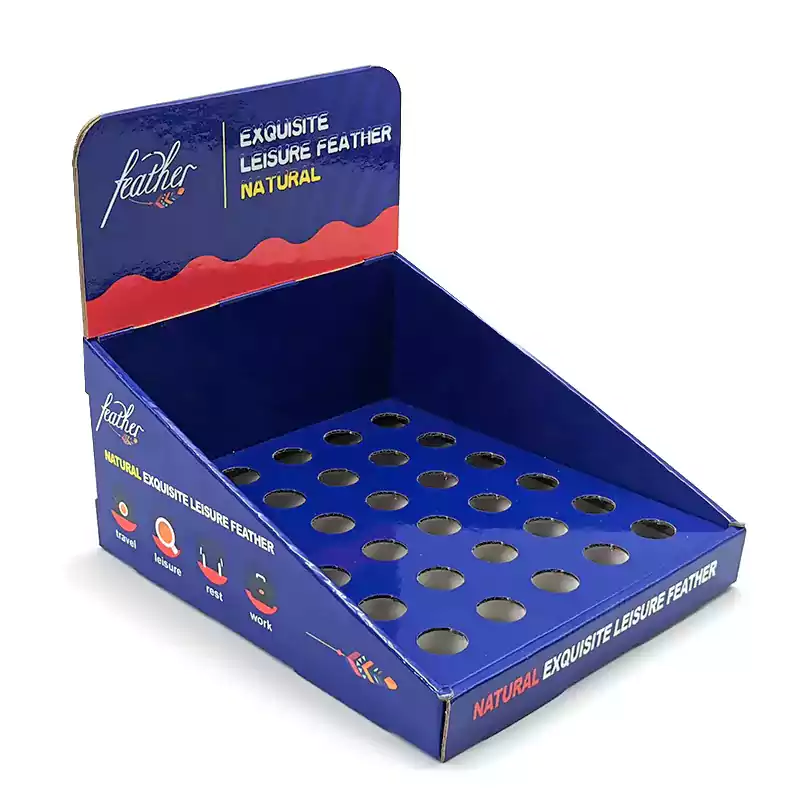
Retail display/storage solution that supports full customization; described as recyclable and environmentally friendly.
Recyclable MOQ 1000
Customization: Full custom support
MOQ: 1000
Eco: Recyclable / eco‑friendly claim
Custom Eco‑friendly 420 Smell‑Proof Mylar Bags
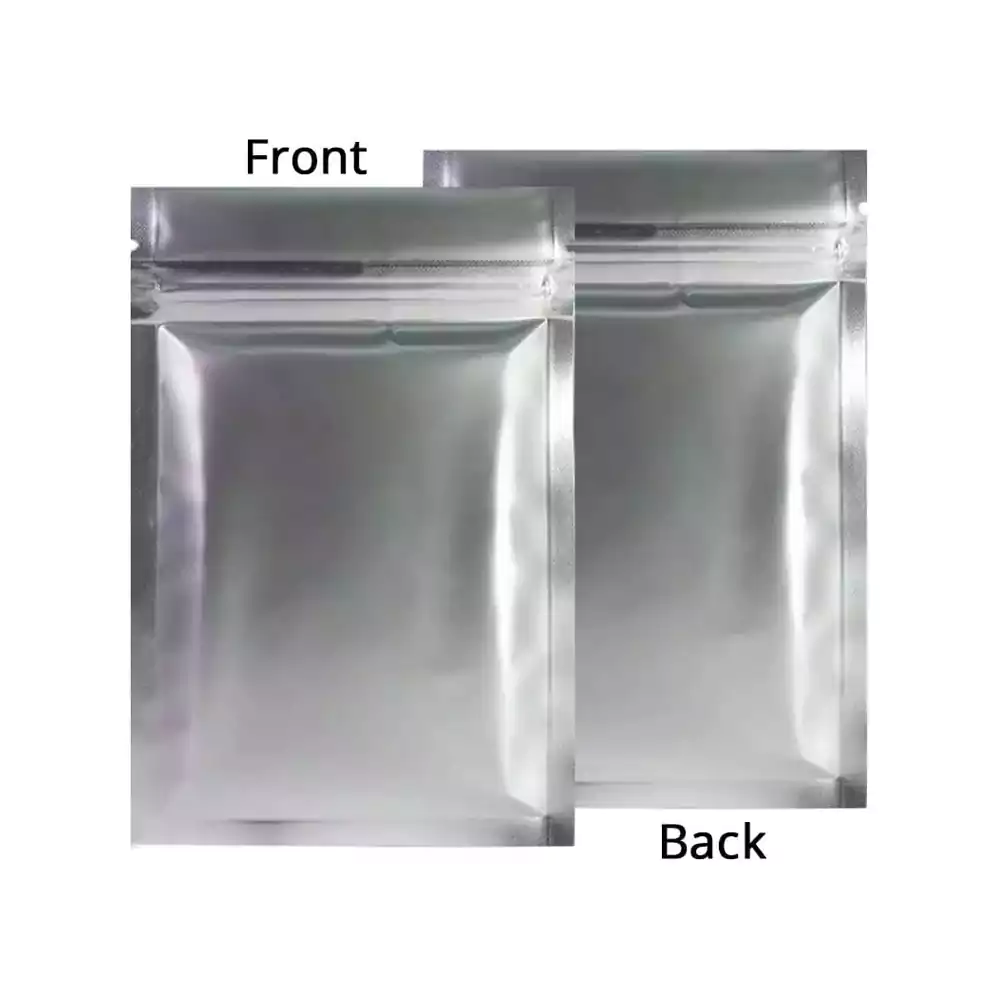
Custom mylar pouches emphasizing eco features; key page notes include “biodegradable”, zipper top, custom sizes/colors, and ISO9001.
Zipper Top Custom Size Biodegradable*
Closure: Resealable zipper
Options: Custom size, logo, and color
Note: Verify local compostability claims
Cali Custom Resealable Mylar Bags
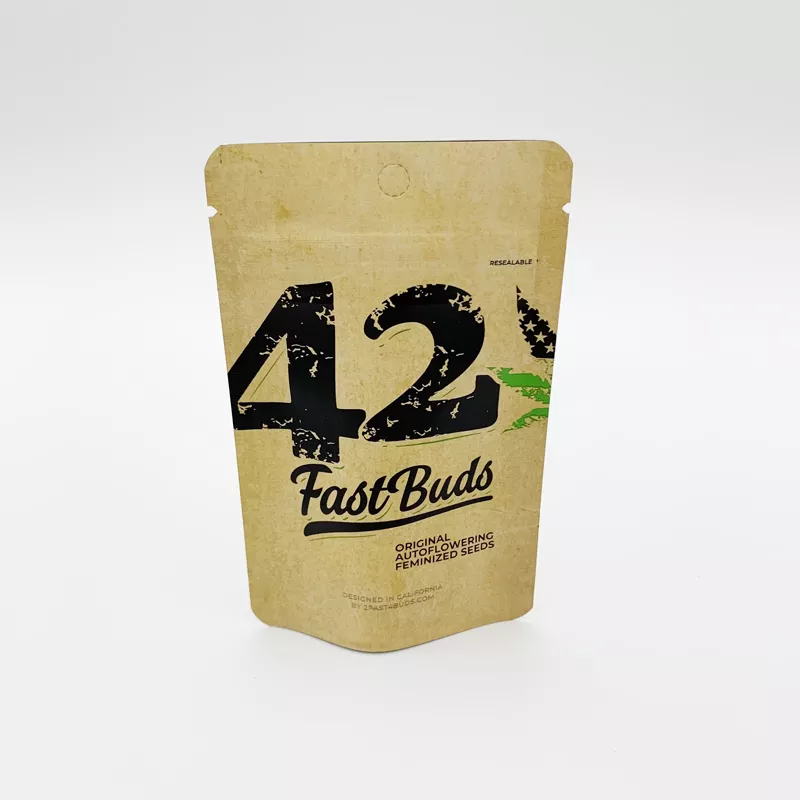
Resealable zipper pouches suitable for cannabis flower and other goods; strong barrier and branding area.
Resealable Custom Print
Closure: Re‑sealable zipper
Use: Flower/edibles (follow local rules)
THC Pre‑Roll Mylar Bags
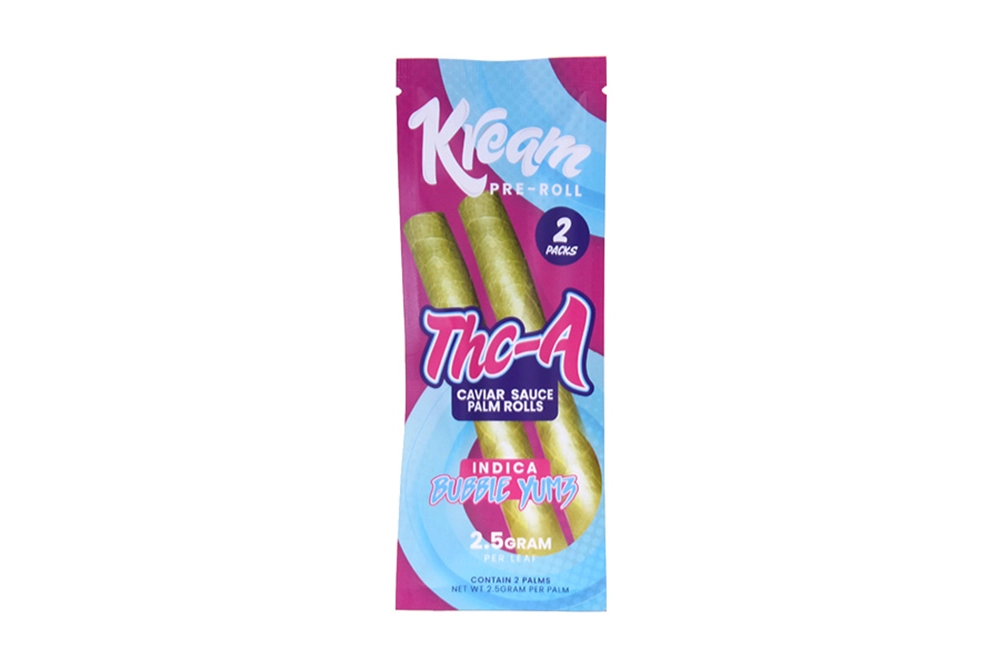
Pre‑roll mylar bags highlighting protection from light, moisture, and oxygen with resealable zippers; customizable sizes/designs.
Barrier Resealable Customizable
Barrier: Light/moisture/oxygen
Closure: Resealable zipper
Custom: Sizes & printing
Child‑Resistant Packaging (Wholesale)
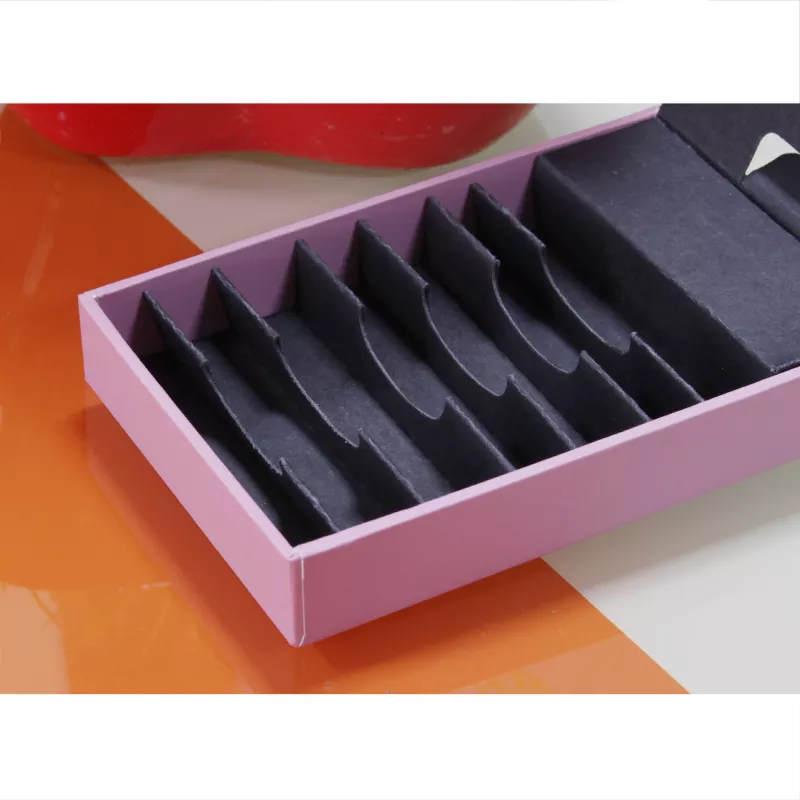
Category overview and pricing window for CR formats spanning boxes, tubes, and more.
CR Focus Wholesale
Price window (page): $0.1 – $1.0 / piece
Use: Primary or exit packaging
*Compostability and recyclability depend on local infrastructure; verify claims and labeling in your market.
Material Comparison Table
| Material | Typical Use | Eco Benefit | Key Caveat |
|---|---|---|---|
| Paperboard/Kraft | Pre‑roll multi‑packs, secondary boxes | High recyclability, PCR options | Needs barrier inner for aroma if used as primary |
| Biodegradable Paper Boxes | Pre‑roll packs, tubes, display cases | Reduced end‑of‑life impact | Industrial composting may be required |
| Mylar Pouches | Flower, edibles | Excellent barrier; lightweight; reclosable | Soft‑plastic recycling varies by location |
| Glass | Flower jars, concentrates | Reusable and widely recyclable | Heavier shipping footprint |
FAQ
What exactly counts as “sustainable” cannabis packaging?
Packaging that demonstrably reduces life‑cycle impacts (materials, manufacturing, logistics, and end‑of‑life) while meeting cannabis‑specific requirements for safety, labeling, and product protection.
Do edibles require child‑resistant packaging?
Most U.S. states require CR for edibles either as the primary package or combined with a CR exit bag. Always check current rules in your state and retain supplier CR documentation.
How do I choose between a mylar bag and a paperboard box?
Use mylar as the odor/oxygen barrier primary, and paperboard as a recyclable secondary for branding. For premium pre‑rolls, a biodegradable paper box can be both protective and eco‑forward.
Can I claim “compostable” on pack?
Only if you have third‑party validation and your target markets have appropriate facilities. When in doubt, emphasize recyclability and material reduction.

